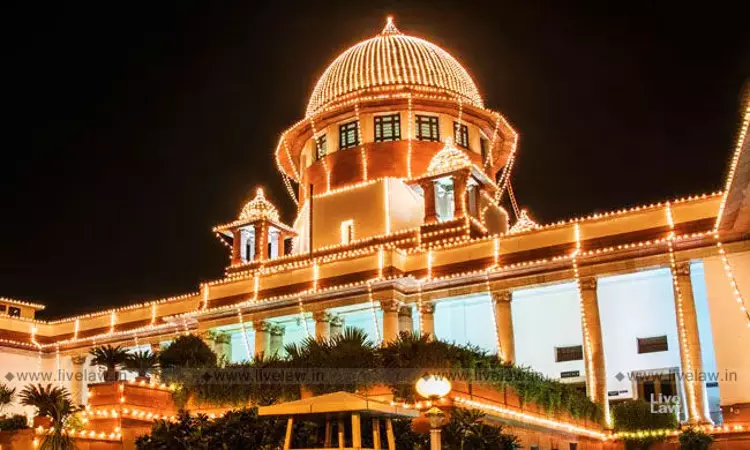Should Anticipatory Bail Protection Be For A Limited Period? SC Constitution Bench Reserves Judgment
Radhika Roy
24 Oct 2019 7:13 AM IST

Next Story
24 Oct 2019 7:13 AM IST
On Wednesday, the Constitution Bench of the Supreme Court of India comprising of Justices Arun Mishra, Indira Banerjee, Vineet Saran, M.R. Shah and S. Ravindra Bhat, heard arguments pertaining to the case of Sushila Aggarwal & Ors. v. State (NCT of Delhi) & Anr. Vide Order dated 15.05.2018, a Bench of Justices Kurian Joseph, Mohan M. Shantanagoudar and Navin Sinha referred the...
